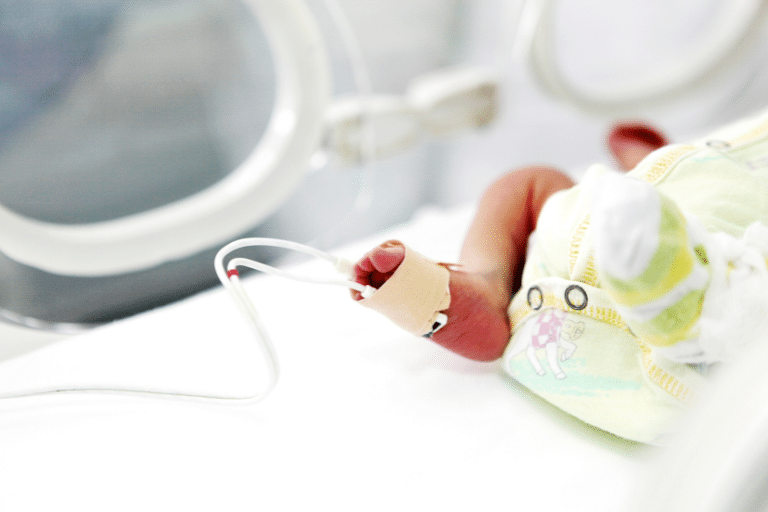Many couples, for various reasons, turn to sperm banks in order to have children. They trust those sperm banks, as well as every other participant in the process; from the labs that hold embryos to the doctors that transplant them to do the best they can to ensure success. Most do, but those that fail do so catastrophically. Manhattan Cryobank failed to properly screen their donors and the liquid nitrogen tank catastrophe at University Hospitals Ahuja Fertility Center are just two examples of what can go terribly wrong.
Manhattan Cryobank’s Failure to Screen Sperm Donors
In 2016, the Frankiewicz and Perez family received a letter. They used a sperm donor from Manhattan Cryobank back in 2013 in order to fulfill their dreams of having a family. Two children later, their dreams had come true, or so they believed. When they chose their sperm donor, the anonymous man had noted on his paperwork that he had no genetic or hereditary diseases. Three years later, Manhattan Cryobank realized that wasn’t the case and sent a letter to everyone who used that donor’s sperm. They didn’t test their donors properly. The man in question had a genetic disorder called thalassemia that the Frankiewicz and Perez children may have inherited. Thankfully, they both tested negative for the disorder, but they went through months of mental anguish and uncertainty while those tests were conducted.
University Hospitals Ahuja Fertility Center’s Tank Failure
March, 2018 was a horrific time for the families that received a letter from University Hospital Ahuja Fertility Center. The letter informed hundreds of parents and potential parents that one of the fertility center’s tanks failed, damaging 2,000 embryos in the process. Many, if not all of those embryos were no longer viable, due to the increased temperature in the tank. There were mechanisms in place in order to ensure that the tank’s temperature was monitored, but the alarms failed to alert anyone until it was too late. In many cases, those embryos were the patients’ best and last chance of becoming a parent. To this day, no one knows the true cause of the tank’s failure.
Uncertainties in the World of Reproductive Medicine
People go to sperm banks and fertility clinics not only because they want children, but because they trust them. They believe that the doctors, technicians, and donors have their best interests at heart. In many cases, they do, but situations like these show that problems can and do tragically occur.
If you have been a patient of a cryobank or fertility clinic and were adversely impacted by a situation such as the two centers above, give me a call right now and I’ll Make Them Pay!®







